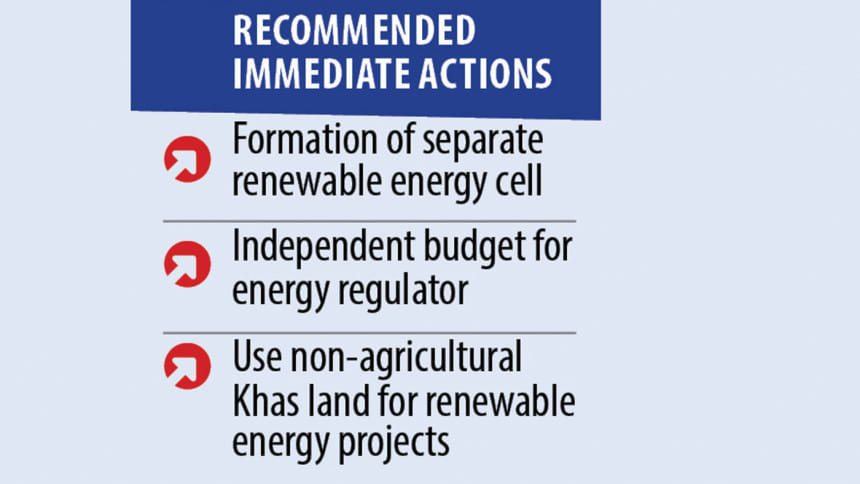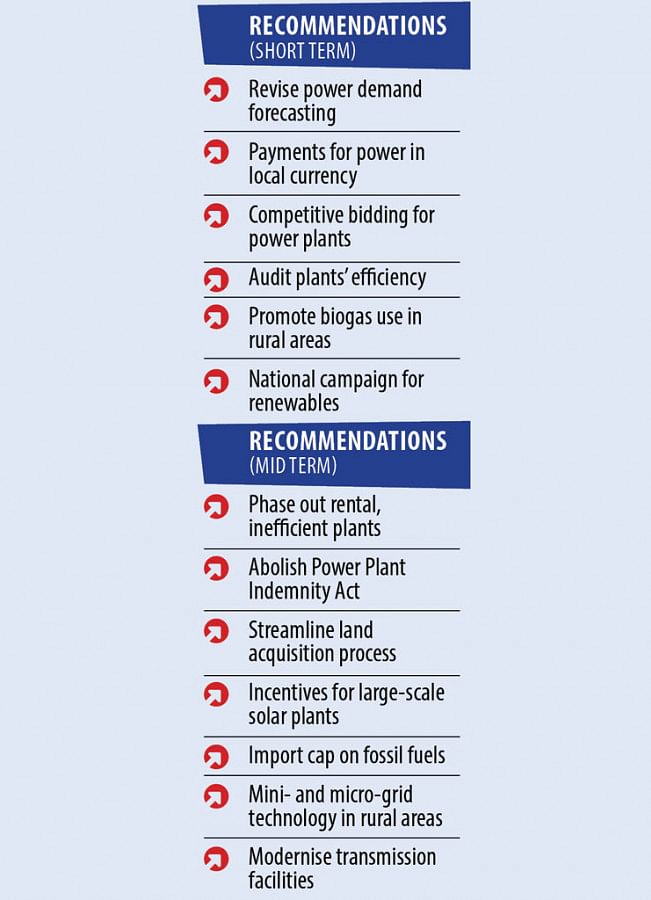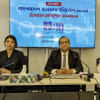Plan to phase out fossil fuel-burning power plants

The Centre for Policy Dialogue yesterday recommended abolishing the Quick Enhancement of Electricity and Energy Supply (Special Provision) Act 2010 and making proper plans to phase out fossil fuel based power plants.
CPD Research Director Khondaker Golam Moazzem said since last year, a persistent energy crisis has been hampering power generation and affecting other sectors.
"The uncertainty seems to persist this year as well due to the underlying importance given to the imported fuel in the integrated energy and power master plan (IEPMP-2023)," he told a roundtable discussion at the BRAC Centre Inn Auditorium.
Moazzem said the government knew that power demand would not increase as per the projections. "Then why did they continue pushing for increasing the generation capacity? And now it is in a position where it cannot move towards a transition to renewable energy.
"Despite knowing the potentials of the gas reserves, why did the government choose to import expensive LNG? Why didn't they do the seismic surveys in 2017?"
The government has still not given enough attention to the exploration of domestic gas, he said. Rather, the focus is on import of LNG.
"BPC [Bangladesh Petroleum Corporation] and Petrobangla have been failing to settle the import bills of LNG and fuel oil. An outstanding bill of $700 million to global suppliers is yet to be paid by the two state owned companies. Recently, they have signed a $2.1 billion loan agreement with the ITFC to pay the import bills.
"Despite knowing the potentials of the gas reserves, why did the government choose to import expensive LNG?" Khondaker Golam
"If the sector further follows the IEPMP fuel mix target depending on imported LNG, the debt burden will continue to increase."
Replying to a question, he said, "We are not talking about phasing out all fossil fuel based power plants overnight, we are talking about the process of energy transition."
The country's power generation capacity from renewable sources stands at four percent of the total power generation capacity.
Prof Mohammad Tamim, dean of Chemical and Materials Engineering at Buet, said, the first thing required in the energy sector is good governance.
"Until 2012, there was a 'war like' situation when the speedy enhancement act [Quick Enhancement of Electricity and Energy Supply (Special Provision) Act 2010] was initiated. But after that, we have been taking long-term projects but we haven't taken the time to verify the competitive pricing by floating tender. This act must be scrapped immediately, there is no justification for the act," he said.
It is possible to produce around 3,000MW of electricity from renewable sources as per the current structure, he said.
He also recommended forecasting power demands in the new reality and new assumptions.
In 2010, the government passed the quick enhancement of electricity act for a limited period for facilitating effective and urgent measures to enhance the generation, transmission, and marketing of electricity and energy. The act was later extended until 2026.
Prof Badrul Imam, who teaches geology at Dhaka University, said Bangladesh's high hydrocarbon potential is among the least explored in the world.
Power Cell Director General Mohammad Hossain said, "We negotiate the electricity price with the investors just like people in the Gulistan markets do. We start by offering them half of what they propose."

Besides importing electricity from Nepal and Bhutan, Bangladesh has plans to export power to those countries in winter months when the demand rises in those countries. "But we need cooperation from the country [India] in the middle."
Tanvir Shakil Joy, member of the parliamentary standing committee on power, energy and mineral resources, said using khas lands for solar power is not possible.
"The first priority for such lands are homeless people and then farmers," he added.
CPD Executive Director Fahmida Khatun presided over the programme while former chairman of Bangladesh Atomic Energy Commission Shafiqul Islam Bhuiyan, former member of Bangladesh Energy Regulatory Commission Maqbul-E-Elahi Chowdhury, Director of Centre for Energy Research at United International University Shahriar Ahmed Chowdhury, former lawmaker Akhtaruzzaman, and energy analyst of the Institute for Energy Economics and Financial Analysis Shafiqul Alam also spoke.

 For all latest news, follow The Daily Star's Google News channel.
For all latest news, follow The Daily Star's Google News channel. 








Comments